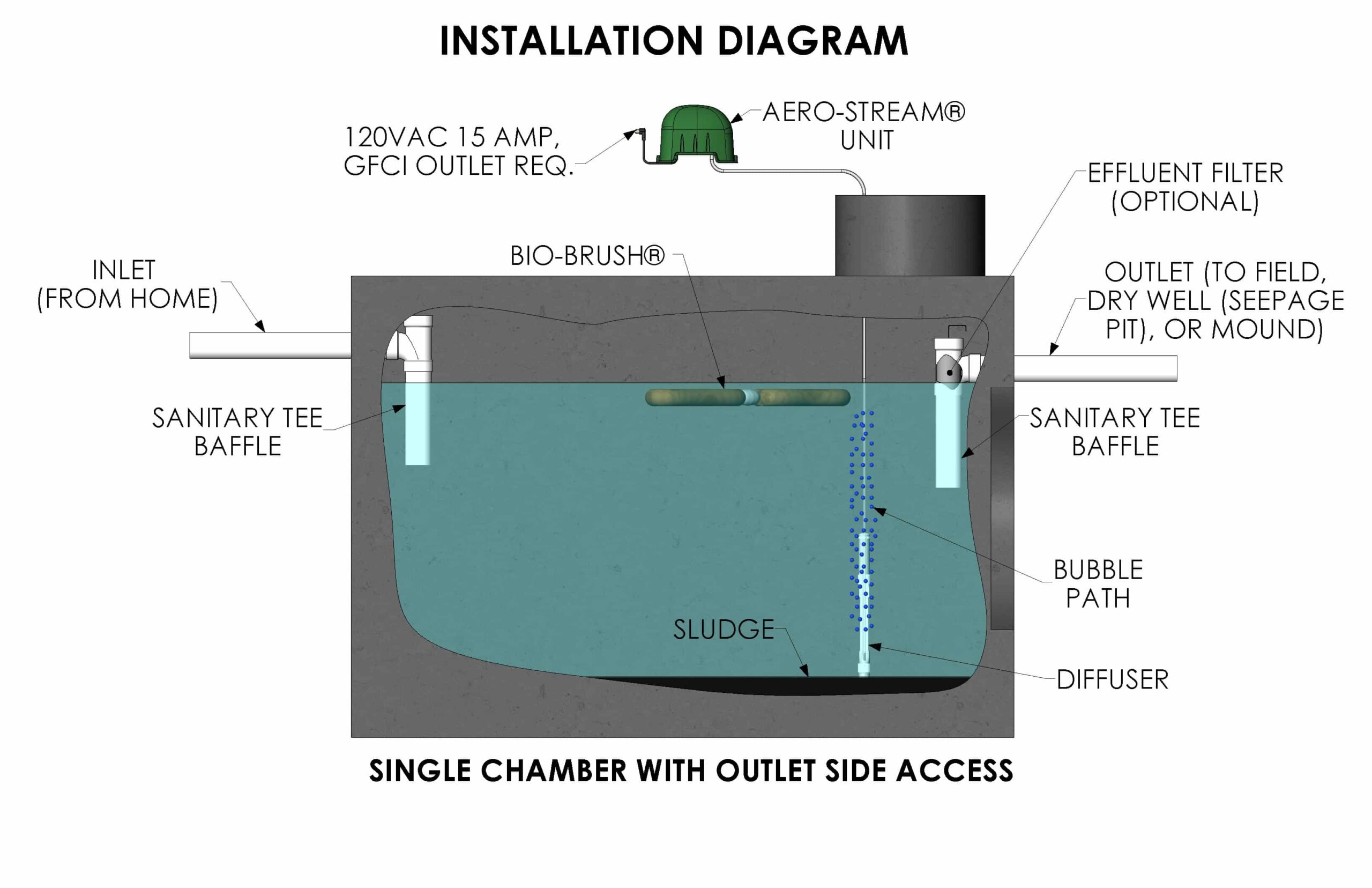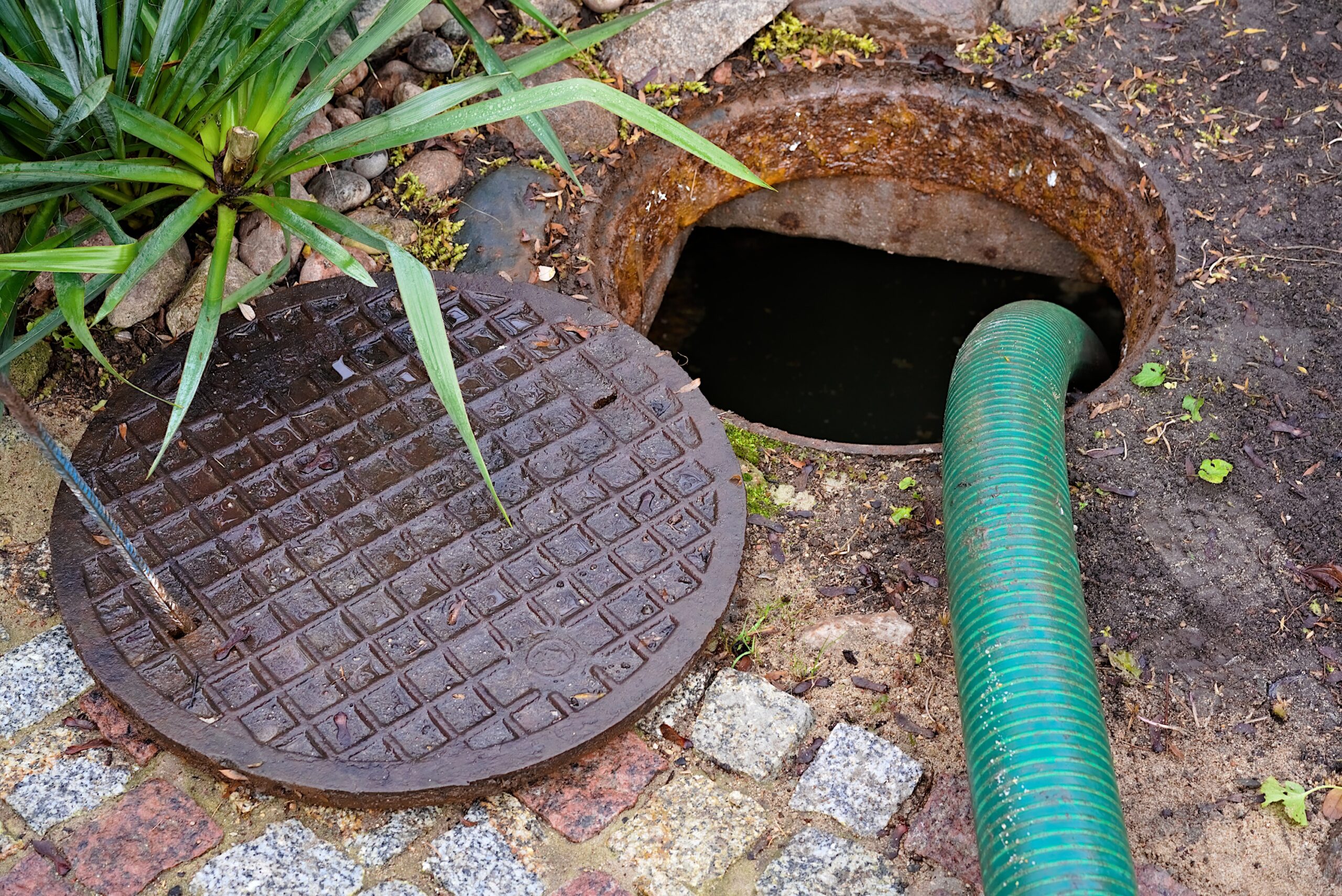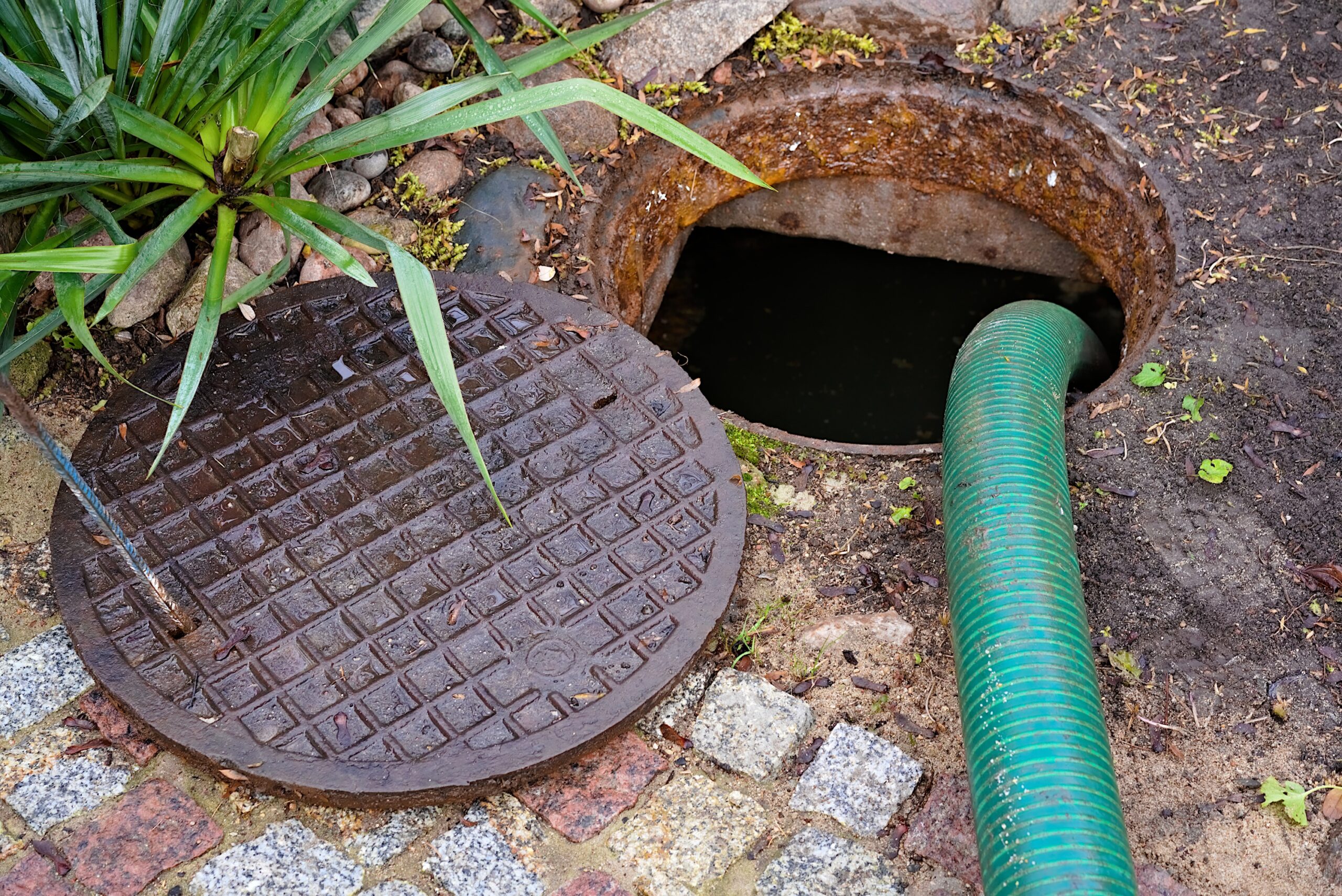Although home systems account for the largest percentage of septic tank installations across the U.S., businesses are also at risk for serious problems that affect these waste treatment systems. A Circle K gas station in Louisville, Kentucky, was recently cited by the local health department for septic system failure after patrons noticed a pool of standing effluent near the establishment. The convenience store and gas station was closed for three hours until an agreement was reached to ensure that a local septic service company could pump the tanks. However, the environmental impact on a nearby creek has not yet been determined; Floyds Fork and Pope Lick Creek is located just 200 yards from the site of the effluent leak.
Businesses Also at Risk
Maintaining septic tanks is just as important for small businesses as it is for homeowners. In some cases, business owners may even be liable for higher fines and stricter enforcement due to perceived deeper pockets and increased ability to pay these penalties. Worse yet, unpleasant odors and flooding can significantly impact the appeal of these establishments among their customers. Regular pumping and inspection by trained septic tank specialists can provide some help in managing the problem. For most local businesses, however, septic system problems can quickly result in demands by the health department for complete replacement of the entire system.
Taking a Proactive Approach
Proper maintenance of septic tank systems can often prevent regulatory issues and can allow small business owners to avoid the costs of replacement or transfer to the local sewer system. While some septic tank problems are caused by mechanical problems that include broken pipes, clogged distributor boxes and other issues that can be repaired with relative ease, other systems are simply overtaxed and require added efficiency to perform properly in the commercial arena.
Airing Out the System
Installing a septic aerator can provide added efficiency for small business waste treatment systems. An aerator can provide oxygen to encourage the growth of aerobic bacteria in the septic tank. Because aerobic bacteria are many times more efficient in the breakdown of particulate organic waste than the anaerobic bacteria usually found in the tank, these microorganisms can boost the efficiency and handling capacity of the septic system to an exponential degree. Increasing the decomposition rate inside the tank can allow wastewater and solid waste to be processed more quickly and effectively and can help small business owners avoid the unwanted scrutiny of local environmental and health protection agencies.
Septic aeration systems from Aero-Stream can provide real help for small business owners in managing their waste treatment problems. Even for systems that are already showing signs of failure, aerators can be a viable choice to reverse the early signs of overload and to provide added life for aging commercial septic tank systems.











